FOR years opaque policies, policy inconsistencies, failure to protect property rights and laws such as the Indigenisation and Economic Empowerment Act, among other factors, have militated against Zimbabwe's quest to attract foreign direct investment (FDI), resulting in the country lagging behind in much-needed investment and job creation while also contributing to the liquidity crunch which now threatens the survival of many companies.
Government, which for years has been fixated on the parochial and anachronistic Look East policy while turning a deaf ear to the concerns of global investors, was this week reminded in unequivocal terms that without addressing investor concerns the economy was doomed to remain in the doldrums.
Foreign ambassadors, business leaders and economists this week voiced concerns over Zimbabwe's investment policies which have resulted in investors giving the country the cold shoulder.
Speaking at the just-ended two-day Southern African Political Economy Series (Sapes) Trust and National Endowment for Democracy (NED) conference, foreign ambassadors said Zimbabwe was its own worst enemy for failing to attract investors.
However, on an encouraging note, government officials who spoke at the conference strongly hinted that government had finally seen the light and would work towards ensuring the country attracts investors by removing obstacles cited. Finance minister Patrick Chinamasa told delegates Indigenisation minister Francis Nhema was working on a sector by sector indigenisation programme which would soon be debated in cabinet.
The move is in contrast to the gung-ho, one-size-fits-all approach which his predecessor Saviour Kasukuwere appeared to advocate.
Deputy Justice, Legal and Parliamentary Affairs minister Fortune Chasi also assured delegates that the country would uphold the rule of law, and the challenge for government now is to ensure it walks the talk.
The starting point would be for government to move with speed to ensure that the new policies become part of the law, as business decisions are influenced by statutes and not mere intentions.
French Ambassador Laurent Delahousse, who was among a host of diplomats who attended the conference, said Zimbabwe had imposed sanctions on itself because of its failure to deal with corruption and the uncertainty surrounding the indigenisation programme.
"Investing in Zimbabwe was like swimming in the Zambezi between crocodiles and hippos," Delahousse said according to minutes of the conference from Sapes Trust.
He said Zimbabwe should look after existing investors in order to attract new investors adding that "red tape in conducting business in Zimbabwe was also a major turn-off for foreign investors."
Addressing the same conference, Brazilian ambassador, Marcia Maro da Silva said government needs to insist on policy clarity, confidence and trust, so as to attract investors.
"There is need for policy clarity, trust and political and social consensus in order for this country to attract investors," he said.
Delegates agreed that Zimbabwe is a sleeping economic and regional giant being weighed down by bad governance and unclear policies such as the indigenisation laws, which need to be amended to ease investor worries. Participants also agreed Zimbabwe should sincerely deal with corruption, a vice eating away the country's social fabric.
Lin Lin, the Chinese ambassador to Zimbabwe, urged the country to "respect basic economic rules, practise the sole criterion for testing the truth, replace the planned economy with market access and implement generous preferential policies which are investment-friendly and protect intellectual property rights."
South African Ambassador Vusi Mavimbela concurred with other ambassadors when he called for the government to "think regionally when developing national projects", the minutes say.
Zimbabwe has largely depended on Chinese investments without enough regard for other regional and Western investors.
However, recently senior government officials openly said the look east policy had failed, which many saw as the clearest indication yet that government was having a re-think as the country's economic problems mount.
"The Chinese have not been forthcoming," Presidential Affairs minister Didymus Mutasa was quoted as saying recently. "We cannot look East or West. We need to look within ourselves."
Mutasa's sentiments came hot on the heels of concerns expressed by President Robert Mugabe during his Independence Day speech in which he accused the Chinese of flooding the country with cheap labour.
Indian Ambassador Jeitendra Tripathi also called for clear cut policy, investment protection, and the need for incentives.
Former ZNCC president Oswell Binha said government must change its perception that business is the enemy of the state, as this was detrimental to the state. He noted that social dialogue will not work if one part cherry picks what it will honour.
Government should provide an enabling environment, create and sustain certainty and confluence, he said, adding trust is never bought but earned.
The country needed to normalise its relationship with international financial institutions such as the IMF, World Bank and the West and East, University of Zimbabwe economist Ashok Chakravarti said.
He noted that in the last 15 years economics has changed, saying economies are no longer resource based.
Chakravarti said resources were not the basis of development, but strong institutions that steer and release energy for progression and development.
- independent
 Top Zimbabwe business executive arrested for fraud
Top Zimbabwe business executive arrested for fraud  South Africa is in serious trouble
South Africa is in serious trouble  US halts visa services for Zimbabwean nationals
US halts visa services for Zimbabwean nationals  ZSE and VFEX recover after weak 1st half
ZSE and VFEX recover after weak 1st half  Gold edges up as traders await guidance
Gold edges up as traders await guidance  Zimbabwe Agricultural Show 2025 kicks off
Zimbabwe Agricultural Show 2025 kicks off  Young Investment Professional (YIP) Graduate Programme 2019
Young Investment Professional (YIP) Graduate Programme 2019 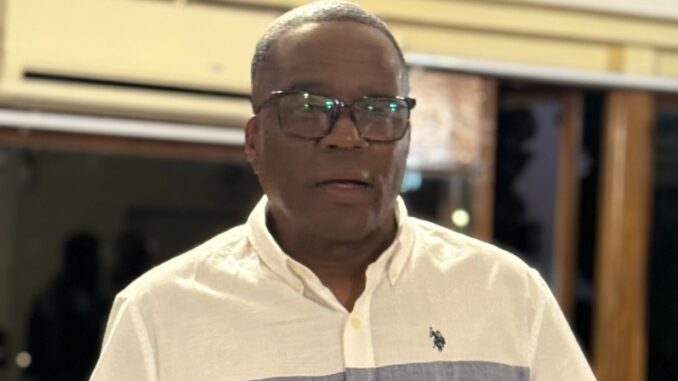
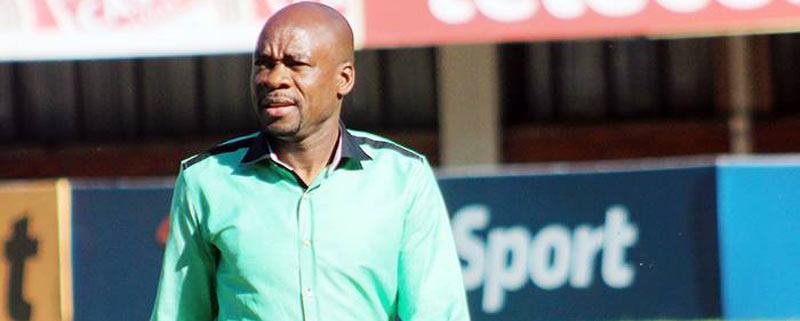


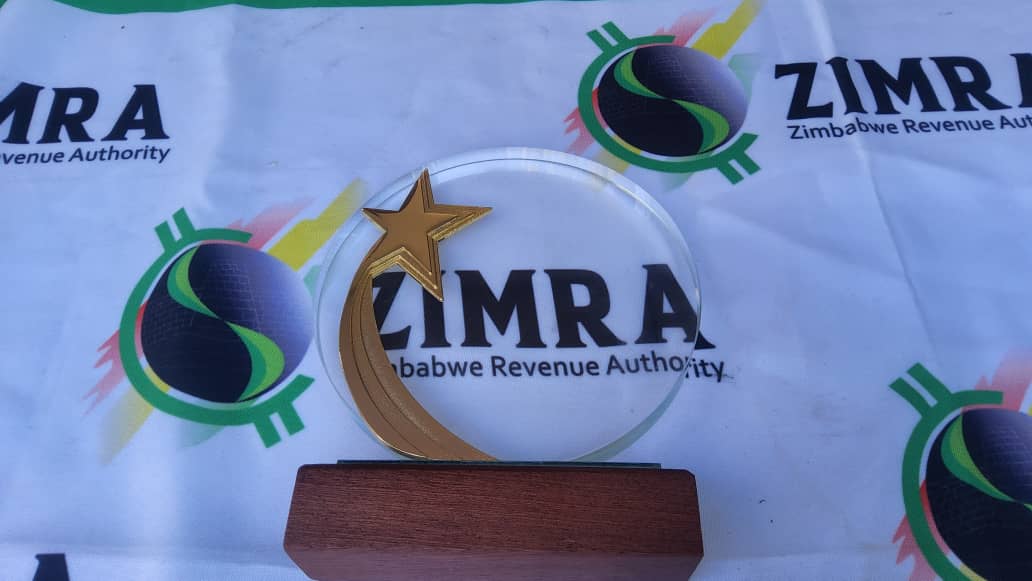

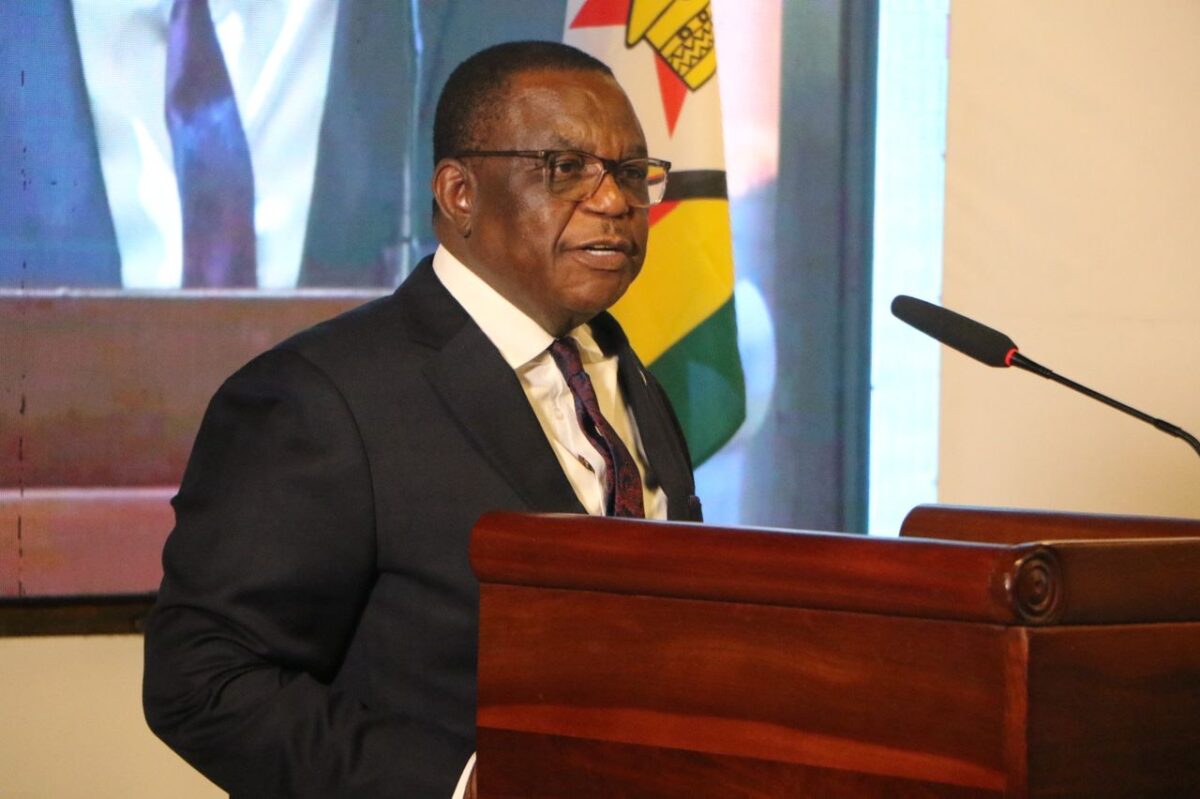
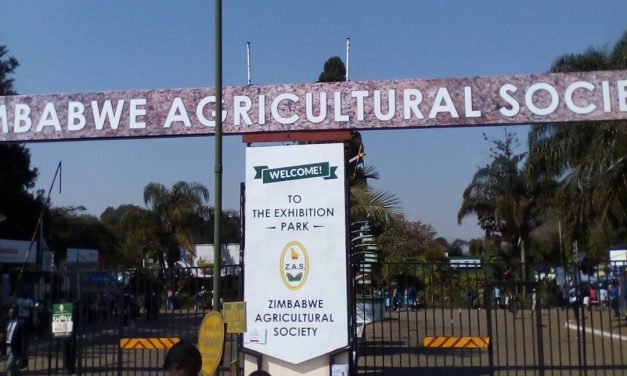
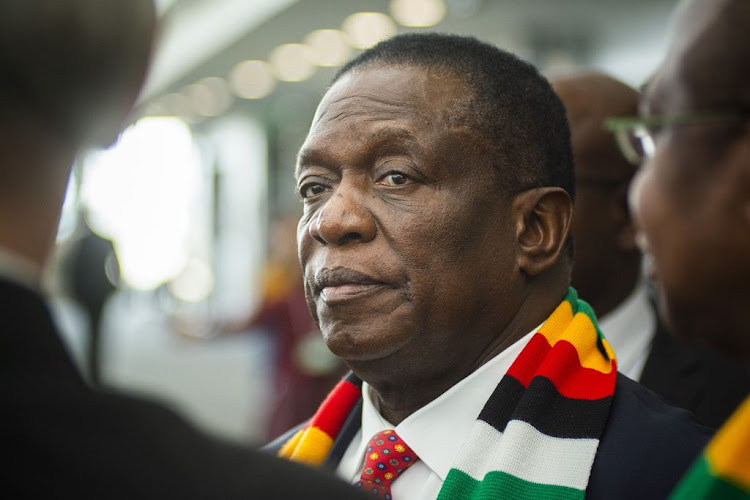

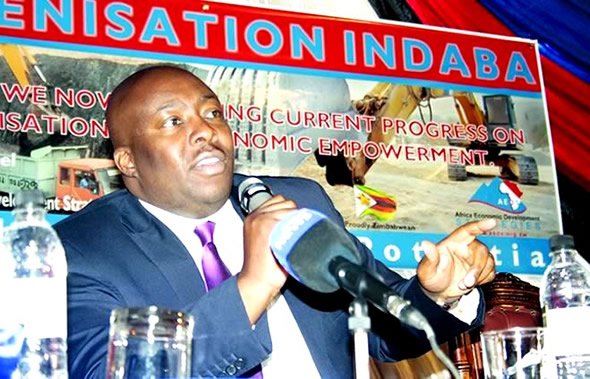
 Young Investment Professional (YIP) Graduate Programme 2019
Young Investment Professional (YIP) Graduate Programme 2019
Editor's Pick